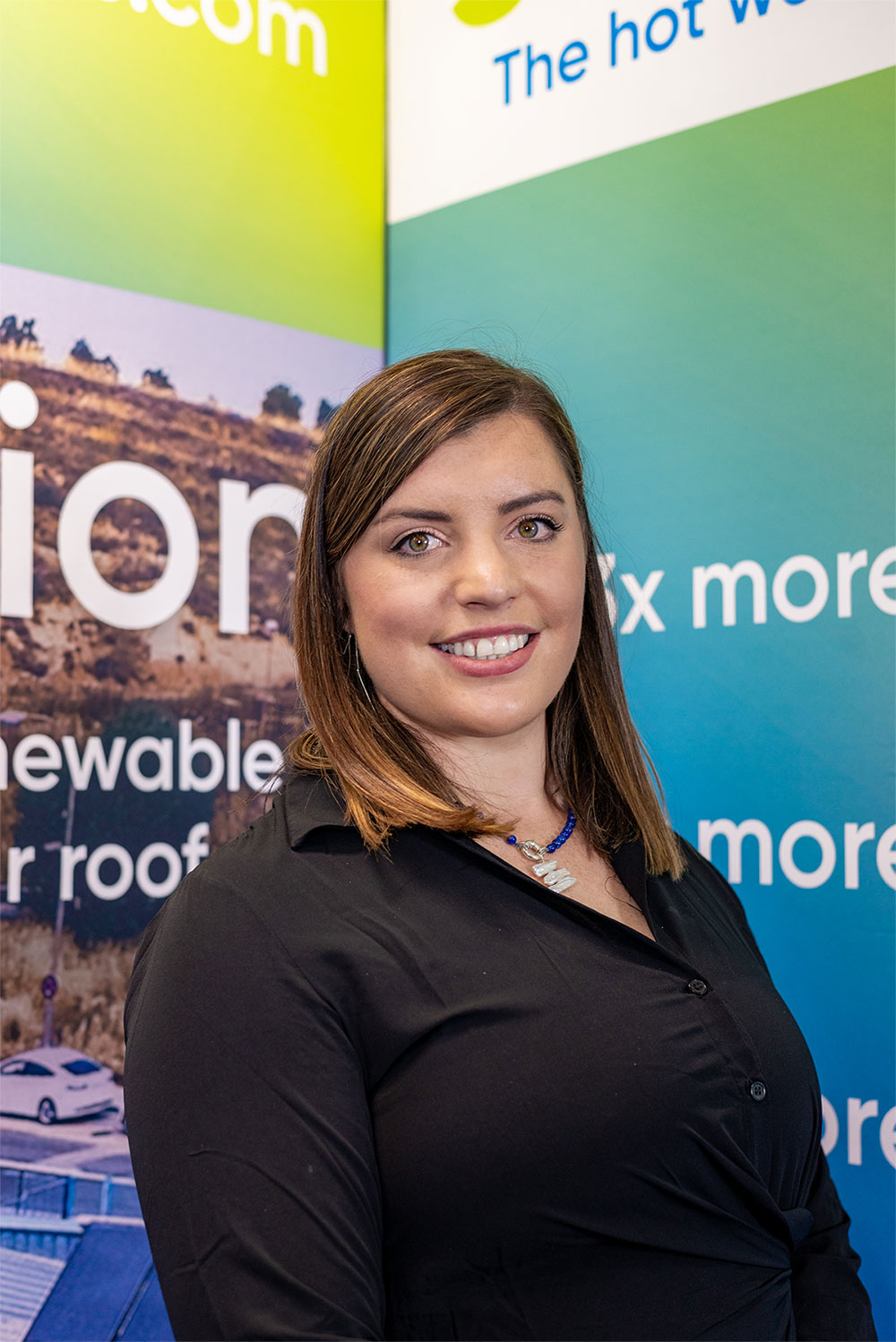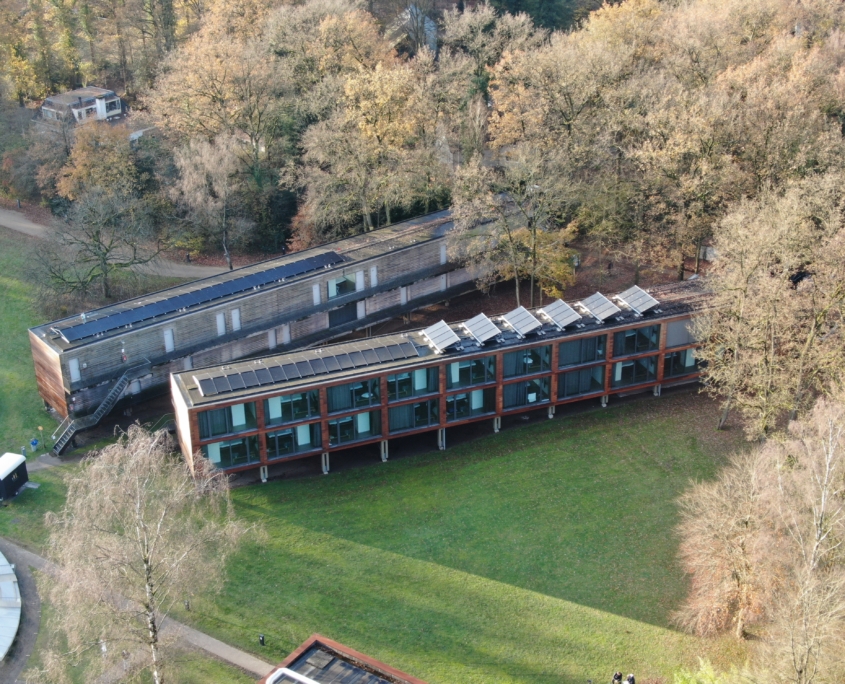Technical feasibility
Roof Load with Solar Panels: What You Need to Know
Introduction
Solar panels have become a popular and sustainable way to generate renewable energy. Increasingly, homeowners are considering installing solar panels on their roofs to contribute to a greener future while benefiting from lower energy costs. However, when planning such an installation, it is crucial to consider the roof load. Not every roof is suitable for solar panels, and ignoring this factor can lead to serious problems in the future.
Which roofs are suitable? Structure and Load-Bearing Capacity: The most important criterion for a suitable roof is its load-bearing capacity. Solar panels can weigh significantly, depending on the type and brand. The roof’s load-bearing capacity must be able to safely support this load. Consult a structural engineer to assess your roof’s load-bearing capacity before installing solar panels.
Roof Pitch and Orientation: Roofs with a pitch between 15 and 40 degrees are ideal for solar panels as they provide optimal exposure to sunlight. Additionally, orientation relative to the sun is important. South-facing roofs generally capture more sunlight, making them preferable.
Roof Material: Solar panels can be installed on most roof materials, such as bitumen, tiles, slate, and metal roofing. However, it is important to consider the condition of the roof. If the roof is old and in poor condition, it may be wise to renovate it before installing solar panels.
Which roofs may not be suitable? Too Light Roofs: Roofs not designed to bear additional weight, such as some flat roofs, may not be suitable for solar panels. Adding the extra weight of the panels and mounting systems can jeopardize the integrity of the roof.
Roofs with Shade Issues: If a roof is frequently shaded, this can reduce the efficiency of solar panels. Shade from trees, buildings, or other obstacles can negatively impact the performance of your solar energy system.
Roofs with Structural Limitations: Some roofs have structural elements, such as chimneys, skylights, or ventilation openings, which may hinder the installation of solar panels. It is important to consider these obstacles during the planning phase.
Conclusion: Installing solar panels is a valuable investment in sustainable energy, but it is essential to carefully consider the suitability of your roof. A thorough assessment of load-bearing capacity, pitch, orientation, and any obstacles will help ensure that your solar panels function safely and efficiently. Always consult a professional to assess the structural integrity of your roof, and then enjoy the benefits of green energy without unpleasant surprises.





